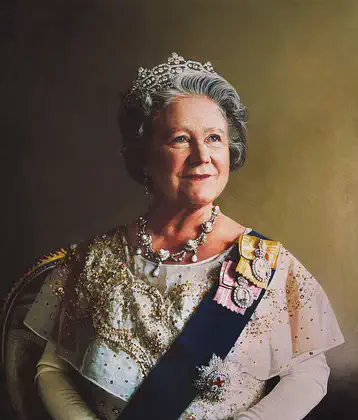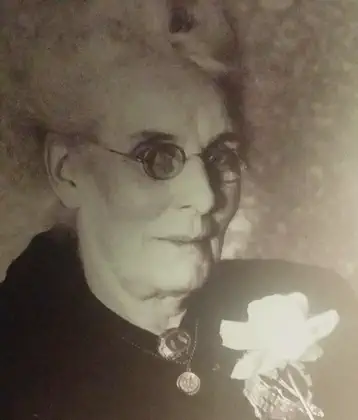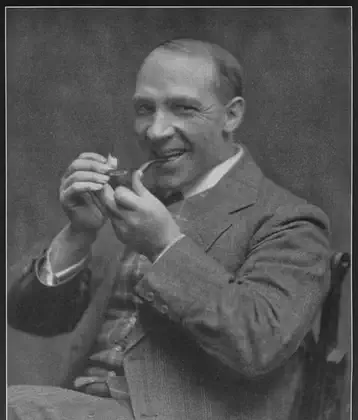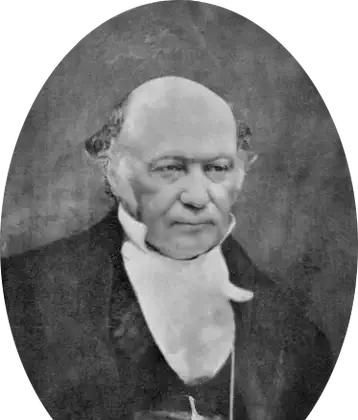On August 04, 1654 in Celtic History
Birth in midleton, co. cork of thomas brodrick, politician in irish and british houses of commons who led the inquiry into the south sea bubble

Thomas Brodrick, born in Midleton, County Cork, in 1654, was a prominent Irish politician who played a significant role in both the Irish and British Houses of Commons. He is perhaps best known for leading the parliamentary inquiry into the South Sea Bubble, one of the most infamous financial crises in British history.
Early Life and Background
- Birth and Family: Thomas Brodrick was born into a well-established Anglo-Irish family in Midleton, County Cork. The Brodrick family had significant landholdings and political influence in Ireland. His father, Sir St John Brodrick, was a prominent figure in Irish politics.
- Education and Early Career: Brodrick was educated at Trinity College Dublin, which was typical for members of the Anglo-Irish gentry. He quickly became involved in politics, leveraging his family’s connections and influence.
Political Career
- Irish House of Commons: Thomas Brodrick first entered politics in Ireland, where he was elected to the Irish House of Commons. He served as a Member of Parliament (MP) for various constituencies, including Cork City and County Cork. Brodrick was known for his opposition to the power of the Lord Lieutenant and for advocating the rights of the Protestant Ascendancy.
- British House of Commons: Brodrick’s political career also extended to Great Britain. He was elected as an MP for Stockbridge in Hampshire and later for Guildford. His involvement in British politics allowed him to influence decisions that affected both Ireland and Britain.
The South Sea Bubble Inquiry
- The South Sea Bubble: The South Sea Bubble was a major financial scandal that occurred in 1720. It involved the South Sea Company, a British joint-stock company, whose shares were massively inflated by speculative investment. When the bubble burst, it led to financial ruin for many investors and caused widespread economic turmoil.
- Leading the Inquiry: In the aftermath of the collapse, Brodrick played a crucial role in the parliamentary inquiry into the South Sea Bubble. As a respected and experienced politician, he was appointed to chair the committee that investigated the causes of the crisis and the misconduct of those involved.
- Outcome and Impact: The inquiry revealed widespread corruption and mismanagement within the South Sea Company and among government officials. The scandal led to significant reforms in financial regulation and increased oversight of joint-stock companies. Brodrick’s leadership in the inquiry helped to restore public confidence in the financial system, though the scandal left a lasting impact on British economic policy.
Legacy
- Political Influence: Thomas Brodrick’s career had a lasting influence on both Irish and British politics. He was known for his integrity and commitment to public service, and his role in the South Sea Bubble inquiry cemented his reputation as a key figure in the political landscape of the early 18th century.
- Family Legacy: The Brodrick family continued to play a significant role in Irish and British politics. His brother, Alan Brodrick, became the 1st Viscount Midleton and served as Lord Chancellor of Ireland.
- Death: Thomas Brodrick passed away in 1730. His contributions to politics and his role in addressing one of the most significant financial crises of his time are remembered as important chapters in both Irish and British history.
Thomas Brodrick’s career exemplifies the close connections between Irish and British politics during the 17th and 18th centuries, and his work in the aftermath of the South Sea Bubble remains a notable achievement in the history of financial regulation.
More From This Day

calendar
1900
Elizabeth Bowes-Lyon, the future Queen Elizabeth, the Queen Mother, born.
August 04, 1900

calendar
1878
Birth of Margaret Pearse, teacher, politician and sister of Padraic Pearse, in Dublin
August 04, 1878


calendar
1846
The Great Southern & Western Railway line between Dublin and Carlow opens
August 04, 1846

calendar
1805
Birth in Dublin of Sir William Rowan Hamilton, mathematician and astronomer
August 04, 1805
